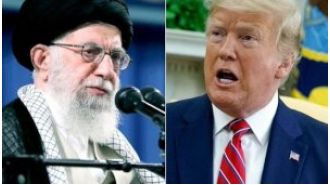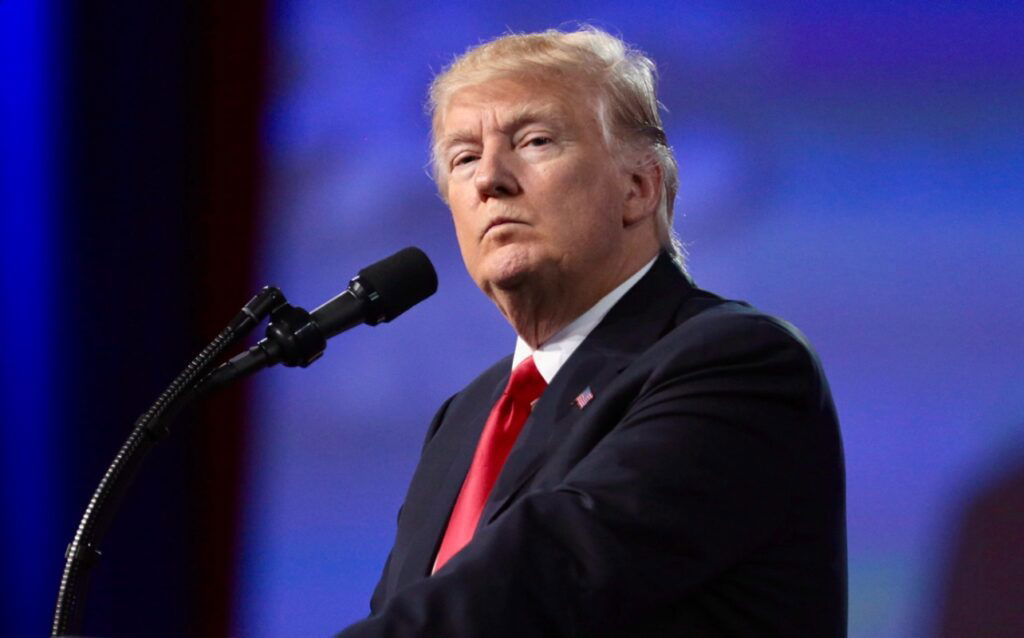Biden increasing tariffs on Chinese electric vehicles, solar cells, steel, and aluminum, potentially escalating tensions with China.
Biden administration to impose new tariffs on Chinese products, likely sparking tensions between the US and the world's largest economy.

The Biden administration recently announced plans to impose new tariffs on various Chinese products, including electric vehicles, advanced batteries, solar cells, steel, aluminum, and medical equipment. This move, which comes in the midst of a heated election year, is likely to escalate tensions between the two largest economies in the world.
Both President Joe Biden and his Republican predecessor, Donald Trump, have been campaigning to show their toughness on China, making the implementation of these tariffs a politically charged decision. However, administration officials believe that the structure of the tariffs will have minimal inflationary effects and will not significantly strain relations with China.
The tariffs, which will be implemented gradually over the next three years, will cover a wide range of products such as EVs, solar cells, syringes, needles, steel, and aluminum. While there are currently few Chinese-made EVs in the US market, officials are concerned about the potential flood of low-priced models in the future.
Chinese firms have the capacity to produce these products at a lower cost, thanks to government subsidies, which they argue will help promote a transition to a greener economy. However, the Biden administration sees these subsidies as a threat to US national security and economic stability.
Lael Brainard, the director of the White House National Economic Council, stated that these tariffs will raise the cost of Chinese goods and prevent Beijing from dominating the market for emerging technologies. She also emphasized that the decision was not influenced by the upcoming presidential election, although it may have a positive impact on workers in key battleground states.
The tariffs were imposed under Section 301 of the Trade Act of 1974, which allows the US government to retaliate against unfair trade practices. In addition to EVs, solar cells, and steel and aluminum products, the tariffs will also affect computer chips, lithium-ion EV batteries, and other critical products.
Despite the initial symbolic value of these tariffs, as they only cover a fraction of Chinese imports, the Chinese foreign ministry strongly condemned the move, calling it a "naked act of bullying." They also argued that their growth in new-energy industries is the result of technological innovation and fair competition, not subsidies.
As China's economy faces challenges, President Xi Jinping is attempting to boost production and exports, which could further strain relations with the US. The EU has also launched an investigation into Chinese subsidies and is considering imposing its own tariffs on Chinese products.
The Biden administration sees China's efforts to dominate the EV and clean-energy sectors as a threat to global economic stability, while also being concerned about the US's reliance on Chinese factories for these products. Treasury Secretary Janet Yellen stated that the US does not seek global domination in these industries but wants to ensure a healthy and competitive market.
The tensions between the US and China go beyond a simple trade dispute and reflect deeper questions about global leadership and competition. While the US is determined to maintain its role as a leading nation, China's policies could make the world more dependent on their factories, giving them greater geopolitical leverage.
As November's presidential election approaches, both Biden and Trump have taken a tough stance on China, but with different strategies. Biden sees targeted tariffs as necessary to protect key industries and workers, while Trump has threatened broad tariffs on all imports from rival countries.
Ultimately, the implementation of these tariffs is a complex issue with far-reaching implications for both countries and the global economy. It remains to be seen how China will respond and how the US will navigate this delicate situation in the future.










